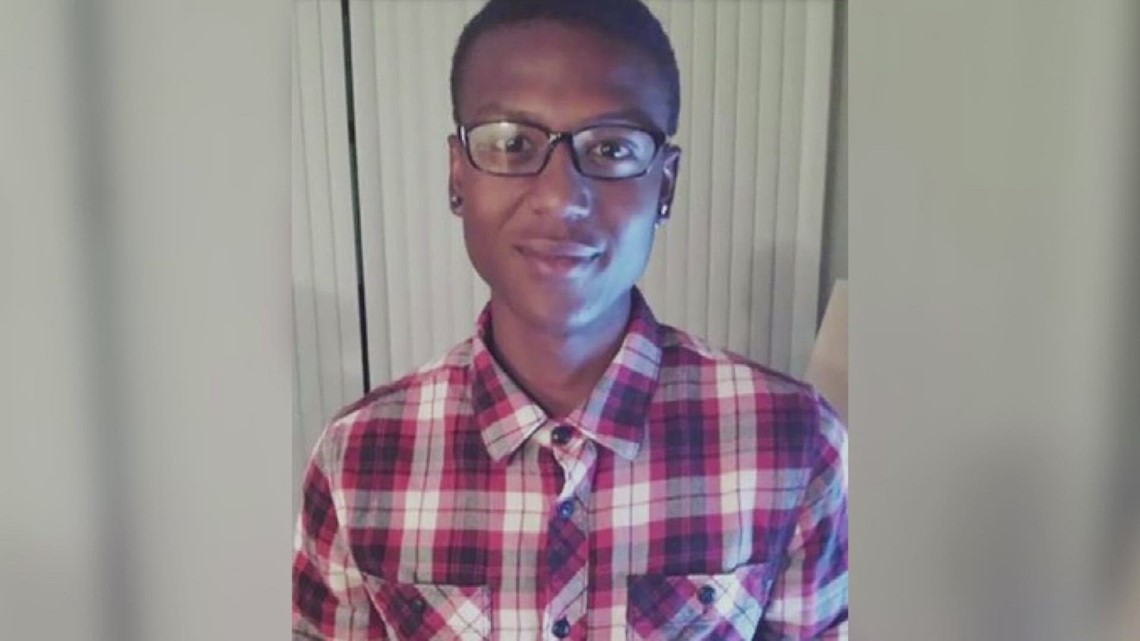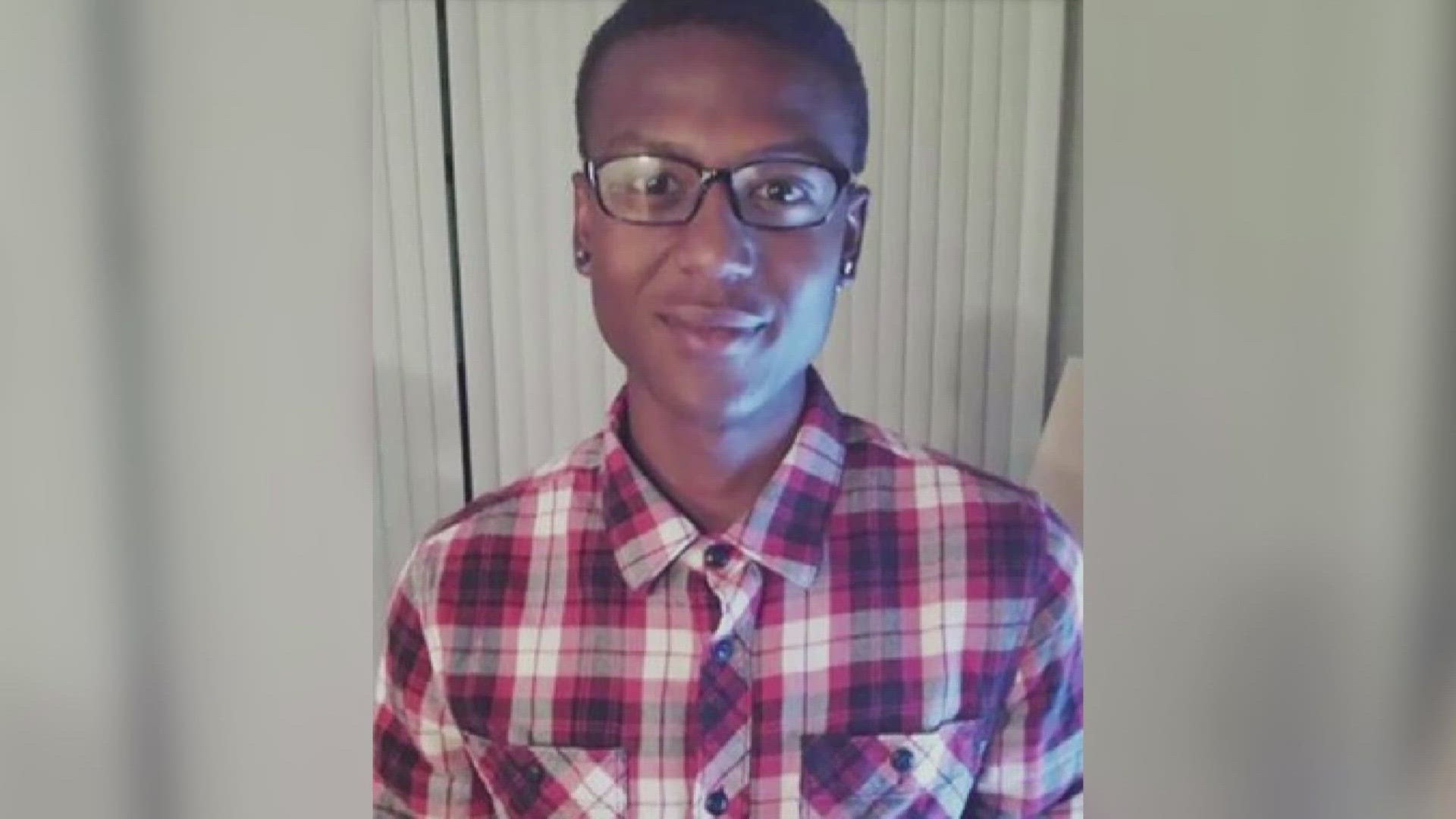AURORA, Colo. — The forensic pathologist who performed Elijah McClain’s autopsy testified Tuesday that he received death threats after he initially ruled that the cause of the man’s death could not be determined.
Dr. Stephen Cina also said he found it unusual when representatives of the Colorado Attorney General’s Office requested that he take a new look at McClain’s death.
Cina testified in the trial of Aurora Fire Rescue paramedics Peter Cichuniec and Jeremy Cooper, each of whom faces a charge of reckless manslaughter and multiple counts of assault in McClain’s 2019 death.
The incident that ended with McClain’s death began when Aurora police officers stopped him after a 911 caller reported he seemed “sketchy.”
Those officers subdued him in a physical struggle and put him in a carotid neck hold that cut off oxygen to his brain and rendered him briefly unconscious. McClain then vomited and inhaled some of it and began struggling to breathe.


Cichuniec and Cooper injected McClain with the sedative Ketamine, and a short time later his heart stopped.
When Cina finalized his autopsy report on Nov. 7, 2019, he marked the cause of death as “undetermined.”
That finding sparked threats.
“I did receive death threats,” Cina testified Tuesday in Adams County District Court. “We had to step up our security at home and get some dogs.”
In 2021, after questions were raised by the attorney general’s office, Cina re-examined McClain’s death, testifying that he came to a different conclusion after he was provided all of the body camera footage recorded by police officers.
Cina said that footage was persuasive because of the way McClain changed after being injected with the Ketamine.
“Within two minutes of getting that shot, he went from that sort of worn-out state to being on a stretcher where it looked like he was in severe respiratory distress,” Cina testified.
Cina changed the cause of death and issued an amended autopsy report.
“In my final report, he died of complications of Ketamine administration following forcible restraint,” Cina testified.
The 500 milligram does of Ketamine was an overdose, according to prosecutors – enough for man weighing 80 pounds more than McClain.
Even so, Cina said the level of Ketamine in McClain’s blood, which was drawn after he was taken to a hospital, was within the normal range for that medication.
“[McClain] wasn’t at a lethal level – but even this therapeutic level was just too much for this person at that time,” Cina said. “He just didn’t tolerate it well.”
Cina also said he “probably” amends one or two autopsy reports a year after he gets new information but that the approach from the attorney general’s office was not common.
“I would say it’s unusual,” Cina said. “It’s unusual for a separate agency to ask me to look at a case.”
Cichuniec and Cooper are the final two of five first-responders to be tried for their actions in McClain’s death.


If convicted of all charges, they could face sentences ranging from probation up to 16 years in prison.
Officers Nathan Woodyard, Jason Rosenblatt and Randy Roedema stopped McClain as he walked down along an Aurora street, heading home with three cans of iced tea he’d purchased at a nearby convenience store.
Within seconds, the officers had their hands on McClain and at one point Roedema yelled that McClain had tried to grab Rosenblatt’s gun – an assertion prosecutors have disputed repeatedly.
The officers subdued McClain with a carotid hold – which squeezes the arteries in the neck and deprives the brain of oxygen.
Over the next few minutes, McClain vomited and inhaled some of it, his body experienced a spike in acid, and he began struggling to breathe.
A short time later, paramedics Cichuniec and Cooper gave McClain the sedative Ketamine.
His heart stopped, and even though he was revived, McClain never regained consciousness and died three days later.
Prosecutors have alleged that Cichuniec and Cooper administered that drug without doing anything to assess his medical condition. Defense attorneys have suggested that the paramedics couldn’t take any action because McClain was in police custody and the situation was still unsettled and potentially dangerous.
The trial is tentatively scheduled to run into the last week of December.
Previous trial coverage:
Opening statements: Ketamine - and whether it was appropriate - is the focus of opening statements for paramedics charged in Elijah McClain's death
SUGGESTED VIDEOS: Elijah McClain death

